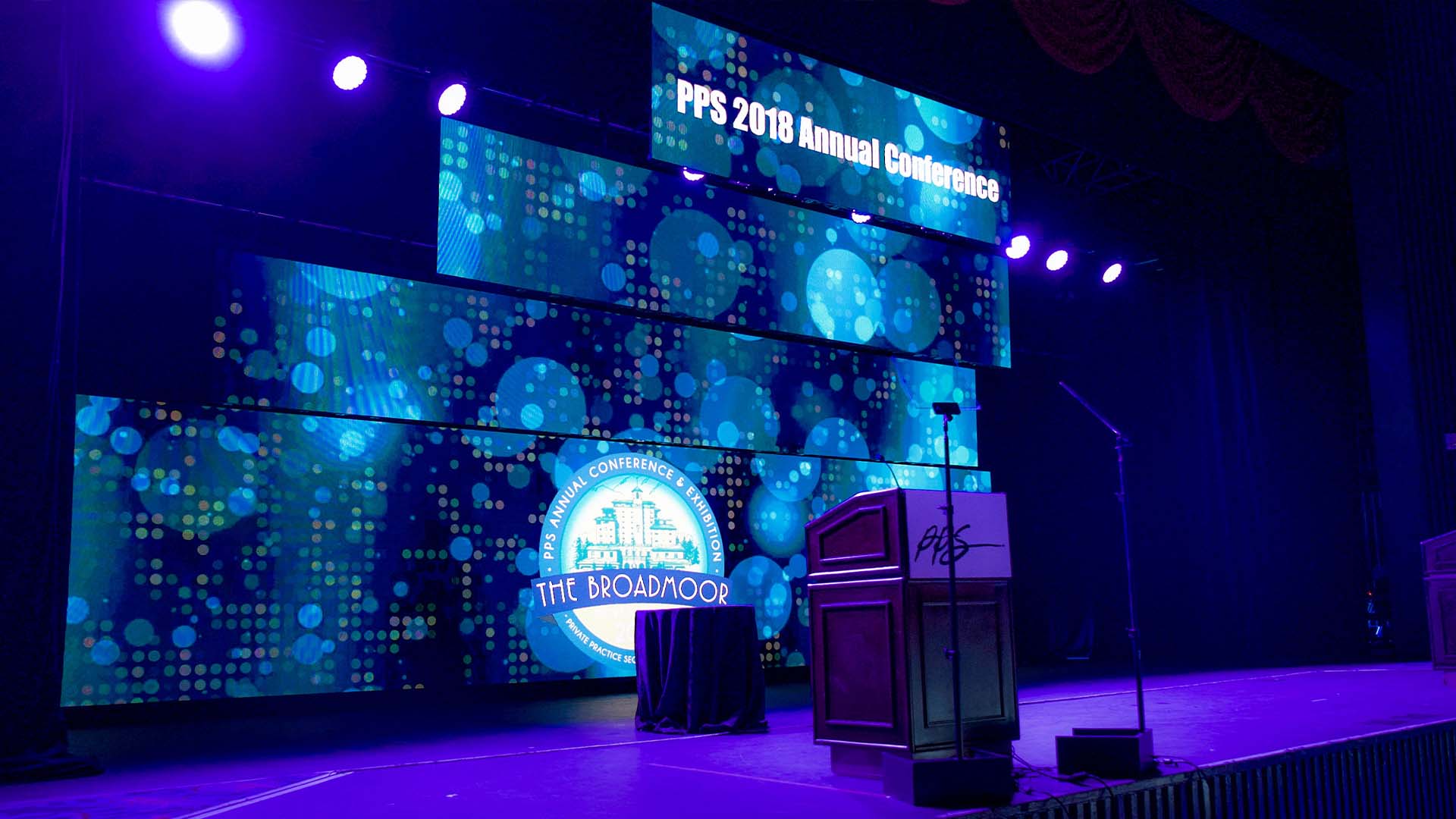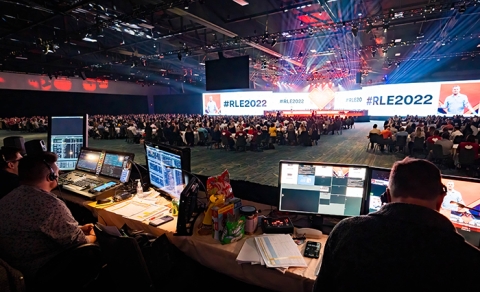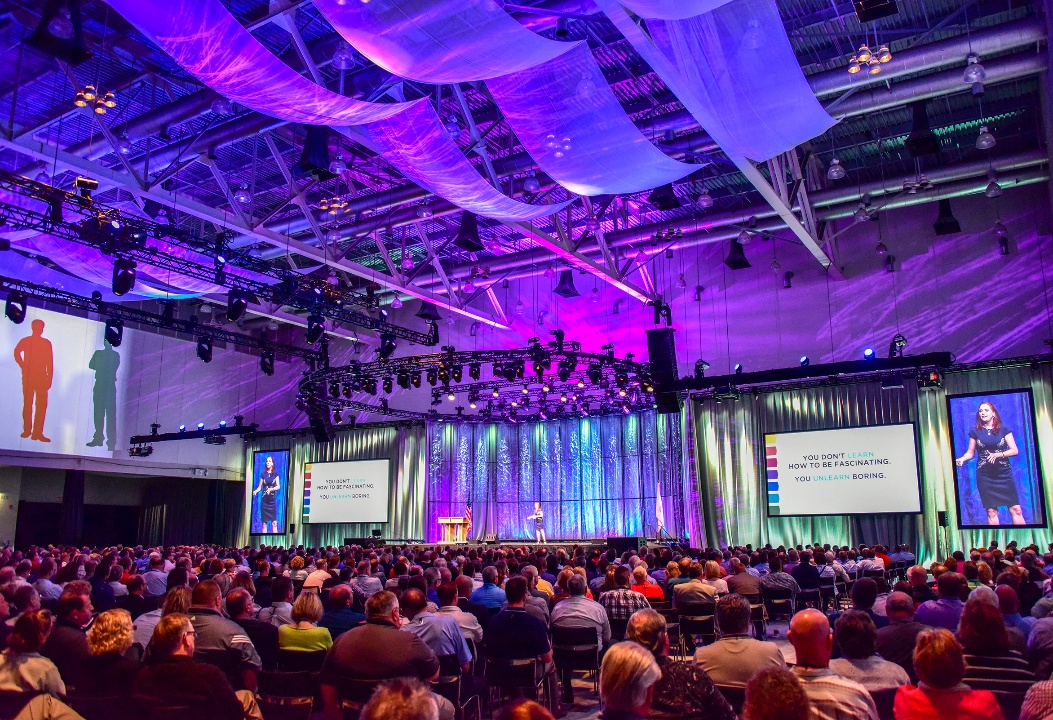How to Pick the Right Group for Flawless Event Productions
How to Pick the Right Group for Flawless Event Productions
Blog Article
Understanding Exactly How Occasions Manufacturing Works: A Comprehensive Summary of the Process
The details of occasion production demand a systematic strategy that incorporates multiple phases, each playing a critical role in the general success of an event. Comprehending the subtleties of budgeting, source allowance, and on-site administration is vital for any type of expert in this area.
Initial Planning and Concept Growth
Reliable first planning and principle development act as the structure for successful events production. This stage includes specifying the occasion's function, target market, and desired results. A clear vision is important; it guides all subsequent choices and helps align the team's initiatives towards an usual objective.
During this stage, conceptualizing sessions can be indispensable. Engaging stakeholders, including customers, sponsors, and prospective attendees, fosters a joint environment that generates ingenious concepts. Additionally, extensive market study need to be carried out to understand trends, preferences, and prospective obstacles.
When the principle is developed, it is important to create a thorough occasion synopsis. This overview must consist of the event's theme, layout, and crucial activities. Developing a timeline is just as vital, as it assists to take care of due dates and tasks efficiently.
Budgeting and Resource Allowance
With a strong concept in position, attention has to transform to budgeting and source allocation, which are crucial components in executing the event successfully. A well-defined budget serves as a roadmap, detailing all expected expenses and available sources. It begins with identifying repaired and variable expenditures, including place service, wedding catering, modern technology, marketing, and staffing. Each category ought to be meticulously computed to avoid overspending and to guarantee that funds are allocated suitably.
Source allocation involves assigning both human and financial sources to numerous tasks and components of the occasion. Prioritization is vital; necessary aspects ought to obtain adequate funding while much less crucial facets may require a much more traditional strategy. Contingency preparation is essential-- alloting a part of the budget for unanticipated expenditures can mitigate monetary dangers.
Additionally, effective interaction among staff member concerning budget plan restraints cultivates partnership and technology. This promotes the accountable usage of resources and encourages creative solutions to remain within budget. Inevitably, a critical strategy to budgeting and resource allowance prepares for an effective event, making it possible for organizers to concentrate on supplying an unforgettable experience for attendees while keeping financial integrity.
Logistics and Sychronisation
Browsing the intricacies of logistics and control is important for the seamless execution of any kind of occasion. This phase entails thorough preparation and organization to make sure that all components function in consistency. Crucial element include place choice, transportation plans, and the organizing of different activities.
This includes comprehending the layout, accessibility points, and offered resources. Collaborating these components needs cooperation with suppliers, suppliers, and transportation solutions to guarantee prompt distributions and pick-ups.
Another crucial element is the advancement of an extensive timeline that click over here now outlines all logistical elements leading up to the event. This timeline functions as a roadmap, describing key turning points and due dates for tasks such as equipment setup, catering services, and audiovisual installations. Routine communication with all stakeholders is essential to attend to any type of prospective concerns proactively.
Execution and On-Site Monitoring
Effective implementation and on-site monitoring are vital for changing precise plans right into reality during an occasion. This stage includes the smooth control of different aspects, making certain that every information lines up with the established vision. On-site managers play a critical function, functioning as the central point of interaction amongst vendors, personnel, and stakeholders. Their capacity to make real-time decisions can significantly influence the event's success.
A distinct schedule is important, serving as a roadmap for all tasks. Occasion managers have to guarantee that configuration occurs on time, sticking to timelines for audio checks, catering deliveries, and visitor arrivals. Efficient problem-solving skills are likewise crucial; unanticipated obstacles can arise, calling for quick reasoning and versatility to preserve the event's flow.
This level of engagement not only enhances the general experience but likewise mirrors the expertise of the occasion group. Eventually, effective implementation and on-site monitoring joint on thorough prep work, effective communication, and a dedication to delivering a remarkable event for all entailed.

Post-Event Analysis and Feedback
The culmination of any event lies not only in its execution but also in the comprehensive examination that this page complies with. Post-event analysis is necessary for figuring out the total success of the event and identifying areas for renovation. This procedure typically includes event comments from various stakeholders, including attendees, vendors, and employee, to gain a comprehensive perspective on their experiences.
To structure the examination, occasion coordinators commonly use interviews and surveys, focusing on key efficiency indicators such as guest contentment, logistical effectiveness, and budget plan adherence. Evaluating this data allows coordinators to analyze whether the event fulfilled its objectives and to comprehend the strengths and weak points of the execution.
By systematically dealing with responses and applying modifications, occasion specialists can enhance their methods, eventually leading to more impactful and effective events. In conclusion, post-event assessment is a crucial action in the occasion manufacturing process that makes sure recurring development and excellence in future ventures (Event Productions).
Verdict

The ins and outs of event manufacturing demand a systematic method that integrates numerous phases, each playing an essential role in the overall success of an event.With a solid concept in location, interest has to turn to budgeting and resource allocation, which are crucial elements in executing the event efficiently.Resource allocation includes designating both financial and human resources to different tasks and components of the occasion. Inevitably, a strategic technique to budgeting and resource allotment lays the foundation for a successful occasion, making it possible for planners to concentrate on delivering a memorable experience for participants while keeping monetary stability.

Report this page